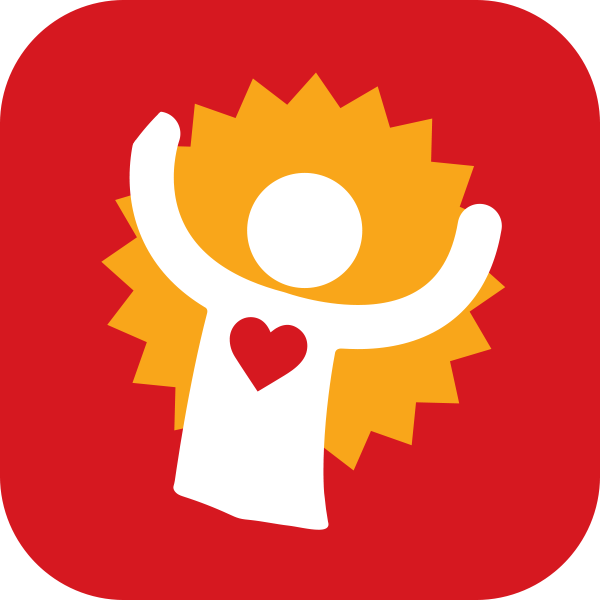North Star Inclusion Advisory Team places the needs of children, young people and their families at its heart. We believe that all children and young people deserve every opportunity to become the best that they can be. We offer a varied menu of support – from school-based visits to identify strategies to support individual learners, through to whole-school development projects.
Information gathering and the pupil voice
As educational professionals returning to school from the recent pandemic, we had concerns about how we could identify and meet the social and emotional mental health needs of our pupils. While not in school, everyone had a different experience which will have impacted them in a multitude of ways. Some of these were immediately evident to us as professionals on their return to school but we knew that others, such as emotional and mental health issues, may be less obvious or hidden. Many teacher and pupil relationships are new, and despite every best effort to support transition, it may be difficult for staff to pick up on discrete changes/signals that all is not well. Furthermore, as a result of lockdown and an extended period out of education, the needs profile of some of our more vulnerable pupils may have changed. Where this is the case, it will be necessary for the emphasis of support to be temporarily shifted to a different primary area of need.
With these challenges in mind, the reality remains that SENCOs and teachers need to measure academic attainment, progress, and the impact of SEMH interventions. As a team we are being consistently asked the same question – what is the best way to identify and measure impact of intervention around the emotional needs of pupils as they return to school post-lockdown? As an external agency, the approach we take in answering this question comes from our wealth of experience across a range of settings and age groups, as well as the requirement to evidence the impact we have on individual pupil outcomes.
We advocate a graduated response to assessment and support schools to develop their own continuum of assessment. The continuum identifies what assessment and information gathering activities will take place, when it is appropriate and who will carry it out. This ensures that time is used efficiently, assessments are used purposefully and pupil needs are accurately identified and addressed, which in turn leads to improved pupil outcomes. A holistic approach involving all those who know the pupil well, including the pupil voice, must be taken to gather assessment information at all stages in order to gain a reliable picture of strengths and areas for development.
At this initial stage, we advise that schools gather baseline information through conversations and observations with the young person and their family. Where possible, observation should take place across a range of environments within the educational setting, and conversations with a member of staff who has the best relationship with the young person. Pupil voice could be gathered whole class, for example, during PSHE lessons, form time or circle time; in a small group; or on an individual basis. To gather pupil voice at an informal stage we would suggest using Pip Wilson’s Blob Trees. It is important for adults working with pupils to take the time to stand back and observe pupil interactions, attitudes and approach to different situations that arise during the day and consider the purpose and root cause of behaviours seen.
Informing appropriate interventions and adjustments
Following this, school staff should be able to evaluate the need of pupils and highlight who requires further support and/or assessment. Where SEMH needs have been highlighted through this initial stage, it will be necessary to explore these further and identify specific areas of concern to inform appropriate interventions and adjustments. This is where we would recommend using GL Assessment’s Emotional Literacy assessment.
Two versions of Emotional Literacy, originally devised by Southampton Psychology Service, are available for use in Key Stage 2 and secondary schools. Both versions come with a comprehensive, accessible guide that upskills practitioners on the theory of emotional literacy and the rationale for its assessment.
The assessment itself takes the form of three standardised checklists that are completed by the pupil, their teacher, and a parent. Although each is optional, the use of all three will continue the holistic approach to assessment and the opportunity to compare different perspectives. Scores are given for the main components of emotional literacy:
- self-awareness
- self-regulation
- motivation
- empathy
- social skills
Following completion of the checklists, the assessment guide provides an outline of appropriate interventions and activities to action change. In our experience, these are targeted, practical and easily implemented. For example, if self-regulation is highlighted as a concern there are suggested environmental changes such as providing a safe place. There are also techniques that can be taught to the pupil such as deep breathing, meditation, and the use of therapeutic stories (guidance for writing these is provided). Once the pupil has experienced the strategies and found those that work for them, they can be added to an individualised 5-point scale for regulation tool.
There are also scaffolds to support pupil self-reflection about their feelings and actions. These encourage positive behaviours such as kindness and empathy as well as self-worth. As staff knowledge and experience in using the strategies grow, some approaches can become a feature of a setting’s quality-first teaching because they are deemed to be good practice for all individuals.
Following a review of the impact of interventions on individual pupils, school staff can refer onwards to external agencies where difficulties persist, and further support and advice is required. Having used a graduated response to assessment, which includes Emotional Literacy, referral information is likely to be specific and comprehensive, giving an accurate picture of the child’s strengths and challenges.
North Star Inclusion Advisory Team is one of our Centres of Assessment Excellence


